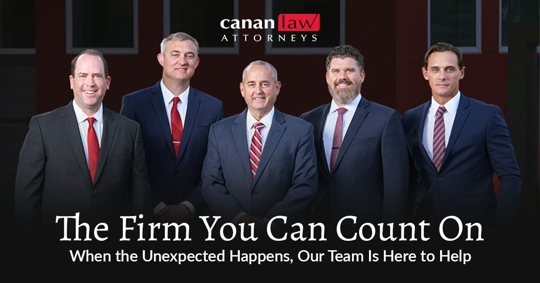The Brady case forms the foundation for this article, concerning evidence that tends to indicate innocence or lack of culpability. Your Putnam criminal attorney can provide detailed information on the particulars of the case.
The Supreme Court Ruling
When the Supreme Court ruled in the Brady case, the prosecution was required to reveal any favorable evidence regarding guilt or punishment to the defense under the due process clause. Your Putnam criminal lawyer can define exculpatory evidence as evidence that:
- This indicates that you are innocent.
- Lessens the severity of the punishment.
- Shows the testimony of government witnesses to be unreliable.
The Brady Obligation
Your Putnam criminal lawyer can show you that there is much more to fulfilling the Brady obligation than scrutiny of police records or the prosecutor’s files to provide the information gathered by those agencies involved in the investigation or the prosecution. If an officer involved in the investigation concealed criminal conduct from the prosecution, then the prosecution must face charges of knowledge of criminal activity on the part of the officer on the team.
Material Evidence
The question of whether or not the evidence is material can prevent your Putnam criminal lawyer from obtaining disclosures under Brady. This requirement states that evidence is “material only if there is a reasonable probability that, had the evidence been disclosed to the defense, the outcome would have been different.” A prosecutor who is convinced after filing charges against you that you are guilty will not readily accept that this may be altered by a specific piece of evidence.
How to Change the Prosecutor’s Mind
There are two primary arguments that your Putnam criminal lawyer can bring to the table that may cause the prosecutor to think differently:
- The prosecutor is compelled, in pretrial, to err in favor of disclosure. The Brady standard of materiality, as created by the U.S. Supreme Court in the context of appeals, sets the significance of this evidence against all evidence for the trial. This evaluation of evidence cannot be made before trial, so no prediction can be made on the part of the prosecution concerning the impact of his evidence, that of the defense, and/or any unrevealed evidence on the case. Thus, disclosure is preferred.
- Your Putnam criminal lawyer may enlighten the prosecutor concerning how the defense is structured, thus making clear to him the effect of certain evidence on his case. In a Brady inquiry, information concerning any misconduct or untruthfulness on the part of the government’s witnesses, prior exculpation of the accused, and other factors are primarily the information sought. Without the Brady inquiry, this information is not normally made available to the defense, so by indicating awareness of the existence of such information, the defense counsel loses little and can possibly gain a great deal.
Your Future May Be at Stake
If you believe that evidence exists that is beneficial to your case, contact a Putnam criminal lawyer by calling the attorneys at Canan Law: (904) 849-2266.



